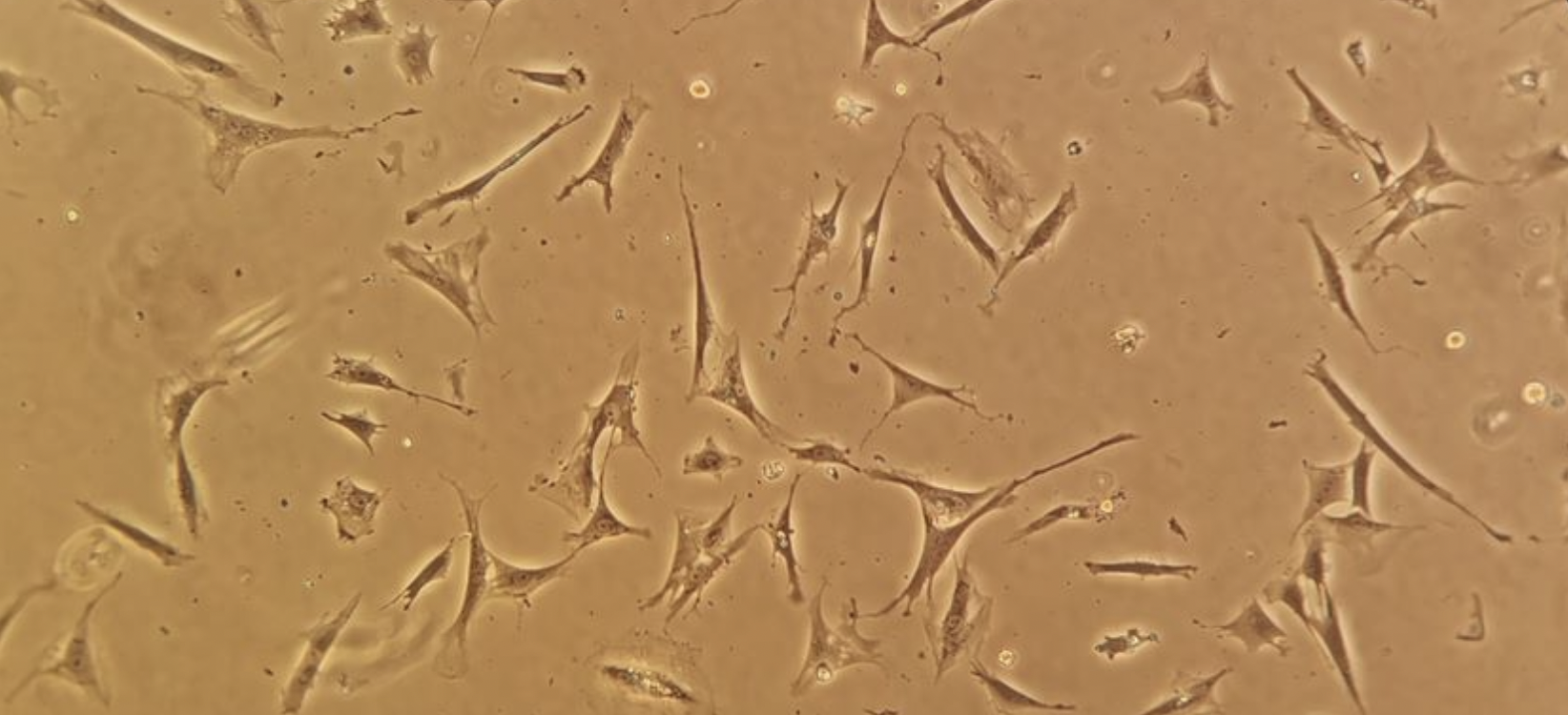Lars Henrik Frich
Ph.D., MD, ProfessorDepartment of Regional Health Research
Department of Molecular Medicine
Research
Rotator cuff (RC) tears is a common shoulder disorder, leading to weakness, pain and reduced mobility. The lifetime prevalence is 20% and it increases markedly with age. The dominant cause of the disorder is rupture of the supraspinatus (SS) tendon attachment to the humerus head. The standard treatment is surgical reattachment of the tendon, but the result is often not satisfactory, indicating the existence of additional defects.
We have shown in animal models and in tissue from patients, that the tendon lesion induces a range of changes in the muscle including inflammation, changes in muscle fiber composition and fibrosis. We also demonstrated that mitochondrial dysfunction is a prominent feature after both clinical and experimental RC tendon tear.
These muscular changes together with a rapid decrease in muscle mass and a reduced muscle regenerative capacity are good explanations for the lack of success of surgical treatment.
Our current research addresses shoulder disorder from the new perspective, that surgical reconstruction of the SS tendon must be accompanied by interventions addressing the lost muscle capacity. The good correlation between pathological findings in murine and human SS muscle with tendon lesion allows us to believe that intervention in RC disorder can be tested in animal models as preparation for clinical trials.
The purpose is to develop new therapies based on stem cell implantation to increase the regenerative capacity under simultaneous medical modulation of muscle inflammation and fibrosis. The treatment response will be monitored using conventional laboratory techniques such as immunochemistry and protein and gene expression techniques. The clinical effect of SS muscle stem cell treatment on muscle contractility will be monitored non-invasively using speckle tracking ultrasonography.
